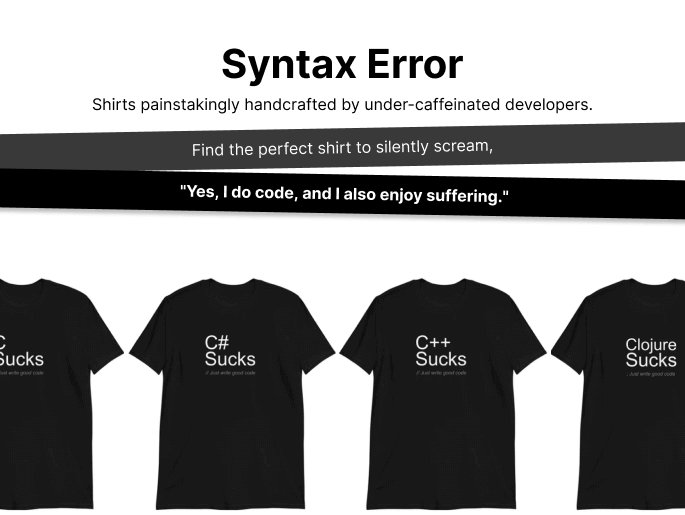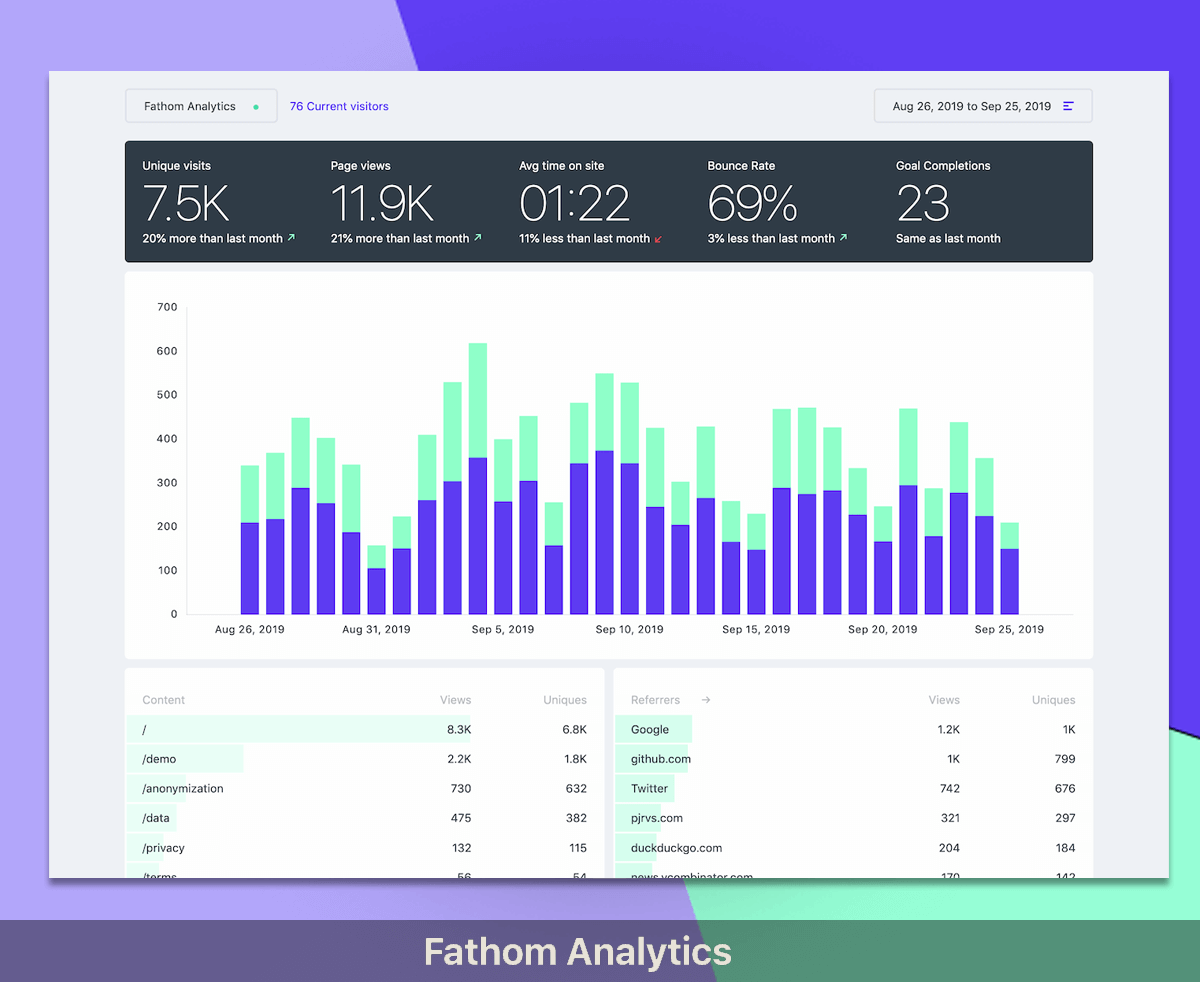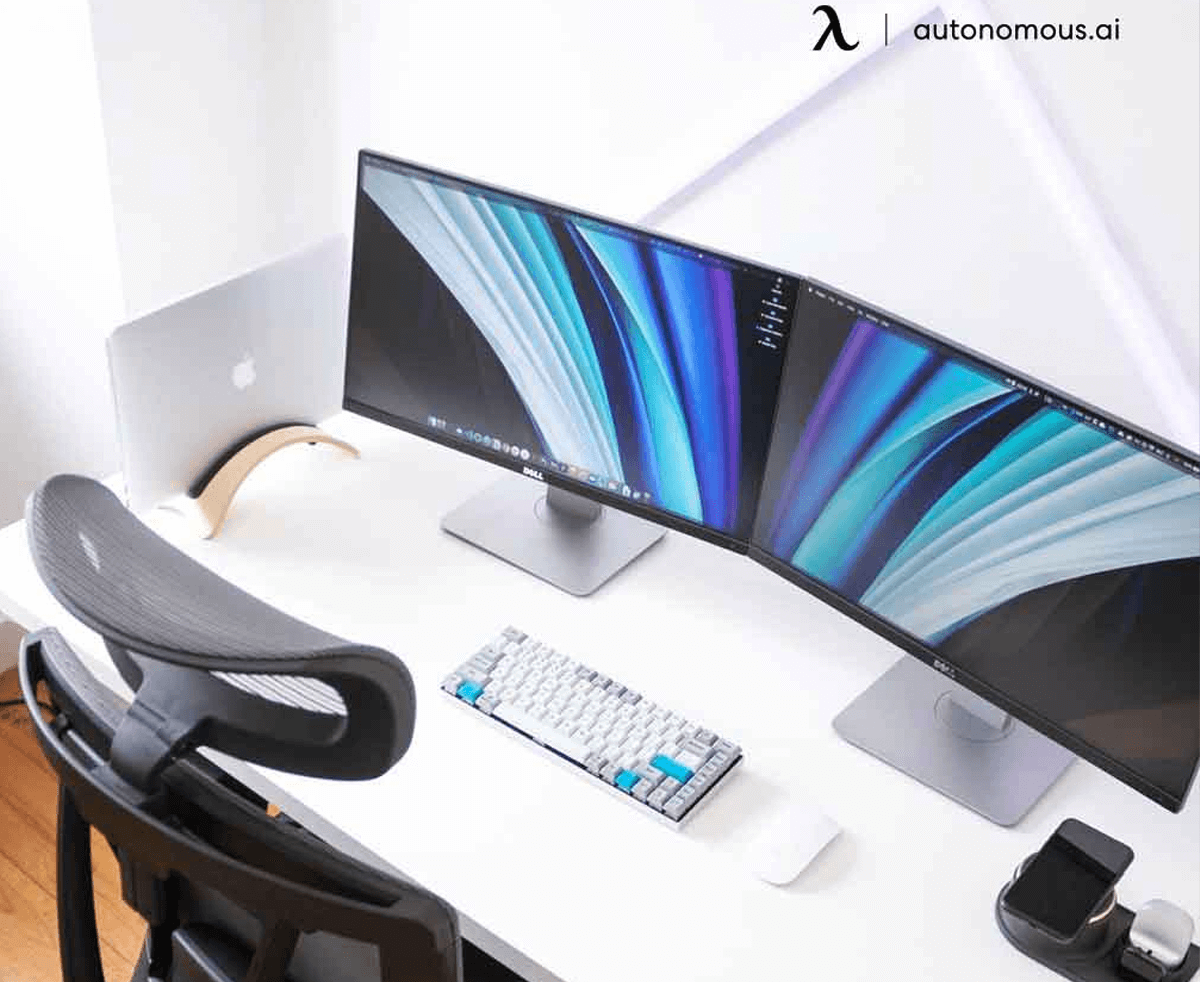Get the latest Laravel/PHP jobs, events and curated articles straight to your inbox, once a week
Source: www.amitmerchant.com
Why you should always commit the composer.lock fileCategory: PHP, javascript
When you install packages through Composer, it will parse the composer.json of your project and try to install all the dependencies listed in it under require and require-dev keys.
Meaning, when the Composer has finished installing dependencies, it writes all of the packages and the exact versions of them that it downloaded to the composer.lock file.
When you run composer install in the presence of composer.lock, Composer will resolve and install all dependencies that you listed in composer.json, but Composer uses the exact versions listed in composer.lock to ensure that the package versions are consistent for everyone working on your project.
The bottom line is if you want to keep dependencies of your project in sync everywhere, you should always use/commit the composer.lock file and it’s rather a recommended practice.
Why you should always commit the composer.lock file Gracefully installing global Composer libraries How to pull GitHub repositories as Composer packages in PHP Lesser known Composer tricks and tips you should know Artisan command to connect to the database in CLI in Laravel 8.x Why you should always commit the composer.lock file Exciting new features and improvements in PHP 8 Throttling submission of form in Laravel Monitor logs in Laravel Telescope in production environment
Meaning, when the Composer has finished installing dependencies, it writes all of the packages and the exact versions of them that it downloaded to the composer.lock file.
When you run composer install in the presence of composer.lock, Composer will resolve and install all dependencies that you listed in composer.json, but Composer uses the exact versions listed in composer.lock to ensure that the package versions are consistent for everyone working on your project.
The bottom line is if you want to keep dependencies of your project in sync everywhere, you should always use/commit the composer.lock file and it’s rather a recommended practice.
Why you should always commit the composer.lock file Gracefully installing global Composer libraries How to pull GitHub repositories as Composer packages in PHP Lesser known Composer tricks and tips you should know Artisan command to connect to the database in CLI in Laravel 8.x Why you should always commit the composer.lock file Exciting new features and improvements in PHP 8 Throttling submission of form in Laravel Monitor logs in Laravel Telescope in production environment
Newsletter

Glimpse
Glimpse streamlines Laravel development by seamlessly deploying GitHub pull requests to preview environments with the help of Laravel Forge.
Laravel/PHP Careers





